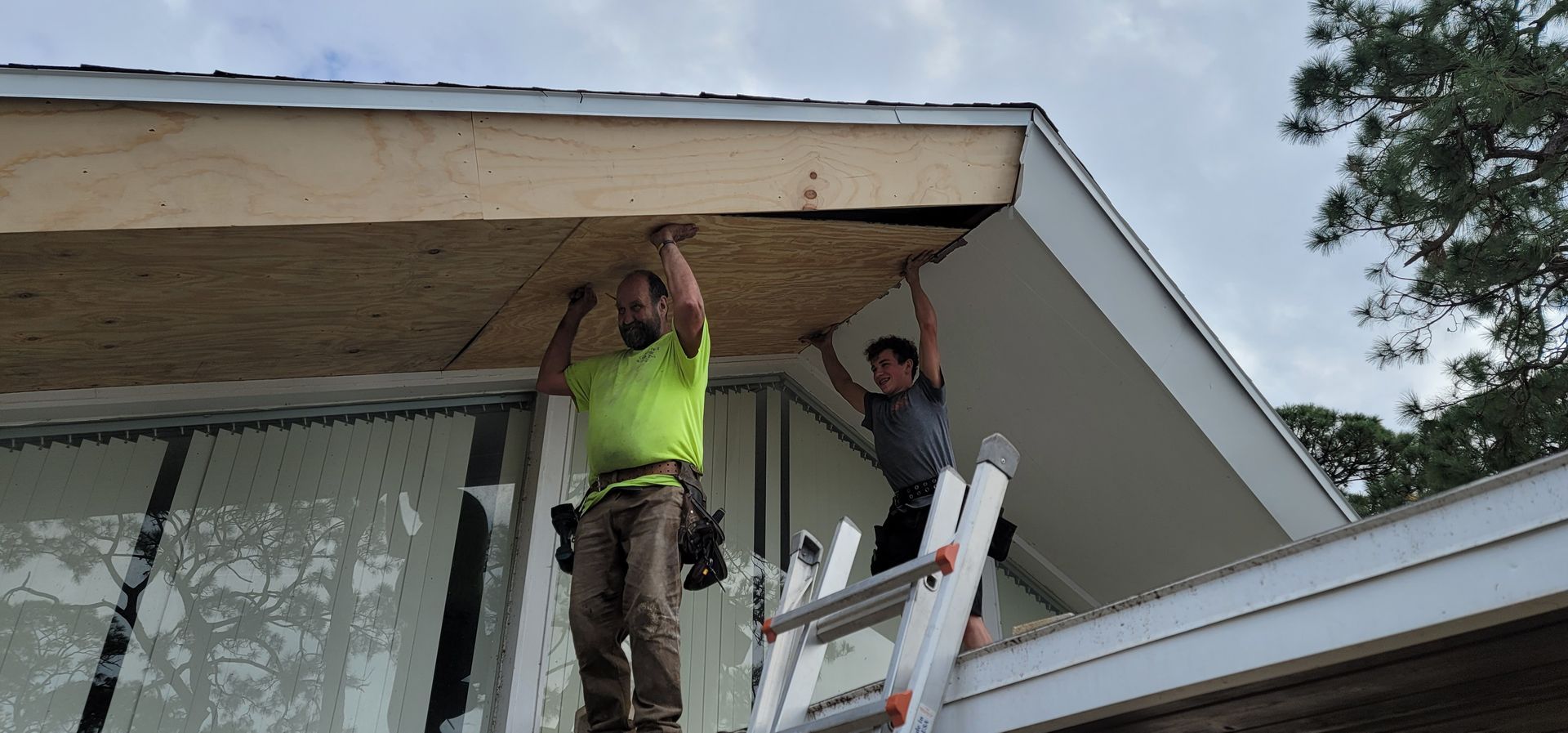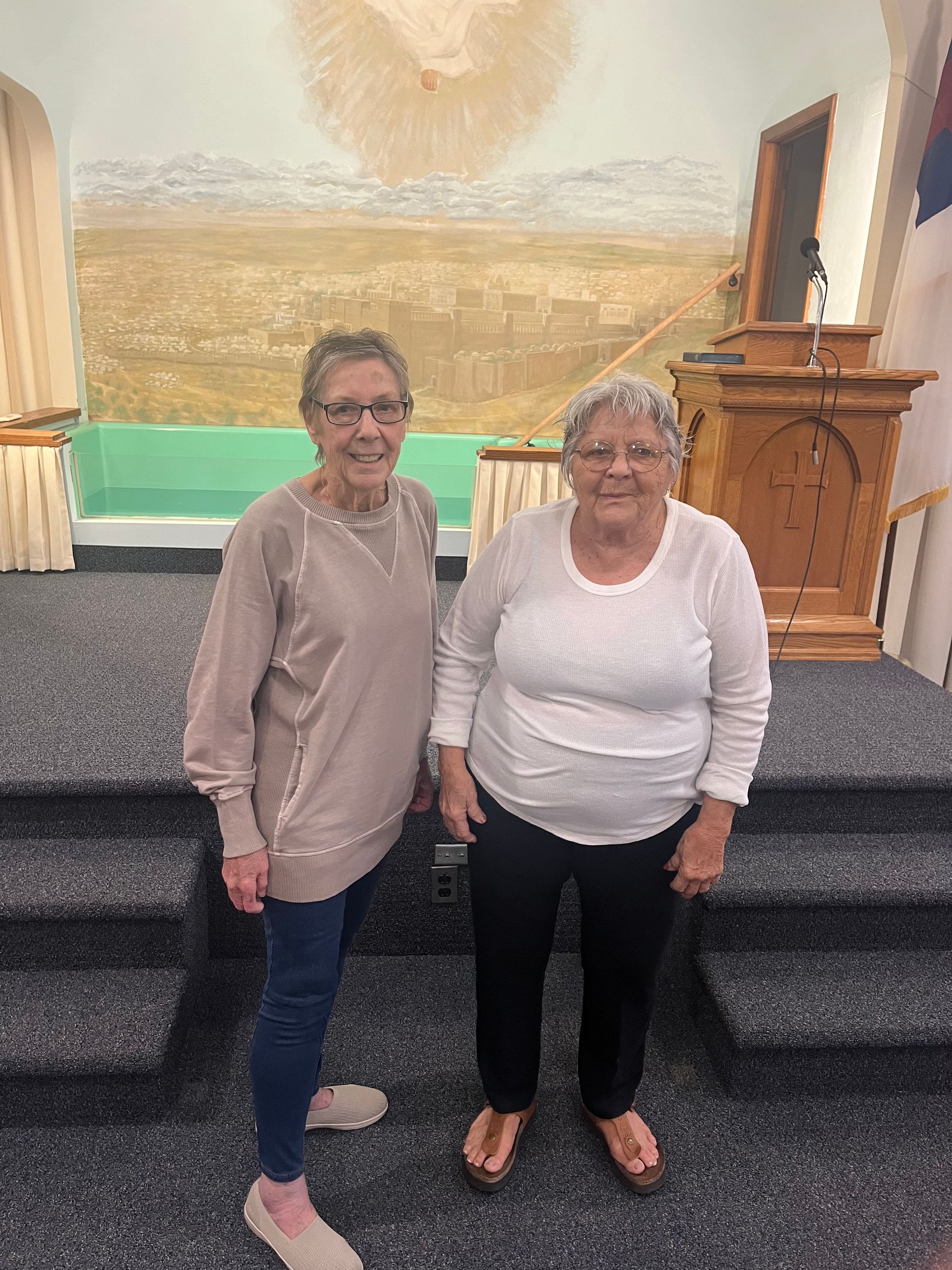"Do Not Fear", but "Fear the Lord"?
It’s now been six months since Brandon and I got sick with low grade fevers and fatigue for 14 days, me with shortness of breath that was enough to be thinking about going to the hospital but not enough to feel like I might die. Tests were in short supply and reserved for the very sick, so we were told to assume it was COVID based on our symptoms and seek emergency care if it got worse.
Thankfully, it didn’t get worse. We regained energy and began living like everyone else under new stay-at-home orders. Except when we took walks, I struggled to talk and walk simultaneously, stopping to catch my breath. Then other weird symptoms started – rapid heart rate and chest pains and lung pain that persisted for weeks, constant thirst, dry throat, fatigue. Then the tingling in my hands and feet started, numbness in my face, daily headaches, dizziness, brain fog and forgetting words or exchanging “golf cart” for “golf course” without realizing the slip.
I’ve been working for months with my healthcare provider who gratefully takes my complaints seriously and has ordered test after test, the expense of which I’m aware is high if it wasn’t for the great insurance we have. Before all of this, I saw a doctor once a year for my annual appointments and that was it. Now, I have a neurologist and a cardiologist.
Yesterday, finally, I got a diagnosis for what’s been happening since March, a common diagnosis that many self-proclaimed “long haulers” who had Covid and didn’t get better have received: POTS, or postural orthostatic tachycardia syndrome.
Living in a small rural town that has hardly been touched by COVID publicly makes recovering from (a suspected case) of COVID particularly isolating. I feel surrounded by anti-maskers and COVID-deniers who still believe it’s just like the flu, while some COVID patients do not recover within a couple of weeks of illness to potentially become long-haulers like me, trying to figure out what’s wrong with their bodies and when they might return to normal, if ever:
“In July, a survey conducted by the CDC found that 35% of people who tested positive for SARS-CoV-2 and had symptoms of Covid-19 — cough, fatigue, or shortness of breath — but were not hospitalized had not returned to their previous health two to three weeks later. Among those between 18 and 34 years old who had no previous chronic conditions, 20% felt prolonged signs of illness” (“Seven months later, what we know about Covid-19 — and the pressing questions that remain,” Statnews.com, August 17, 2020).
Ohio continues to develop 1,000 new cases a day. If we reduce that 35% of people down to 10%, this means 100 new people daily join the ranks of likely long-haulers who have potentially weeks, months, or years ahead of them, trying to figure out what’s wrong with them and how—or if—they’ll ever return to what was normal for them before. And that is just in our State of Ohio. If we multiply that 100 number out over a month, that’s 3,000 long haulers in September, 18,000 long haulers since March.
There were three neurologists available for me to book an appointment with in the next three months. Neurologists don’t grow on trees, and people like me are going to be looking for answers, and treatment, and hope. There are long-term implications for individual health, and there are long-term implications for public health: Who will take care of all of us who continue to struggle with health issues we never dealt with previously?
All of this to say that when I am out and about and see friends and family or strangers who buck against the public health requirements that will reduce the spread of this virus, even denying COVID is a thing, bragging about how they won’t live in fear, I force a smile under my mask and weep a little (I am also much more prone to crying since COVID. I don’t know if that’s an actual side effect or just who I am now lol.).
I do not live in fear; my trust is in the Lord. Jesus implores us in John 14:27, “Peace I leave with you; my peace I give you. I do not give to you as the world gives. Do not let your hearts be troubled and do not be afraid.” The phrase, “do not be afraid,” appears 81 times in the NIV. But Scripture also has another common refrain: fear the Lord. The phrase “fear the Lord” appears 132 times in the NIV. Here’s just one example: “The fear of the LORD is the beginning of knowledge, but fools despise wisdom and instruction” (Proverbs 1:7 NIV).
What does this mean? How do we reconcile “do not be afraid” with “fear the Lord”? Do we cower in the presence of an angry God? Flee his presence?
No, this fear is respect, the same way we respect powerful and majestic unknowns—the ocean, the hurricane, tornadoes, thunderstorms, fire, the wilderness. We don’t stand outside in the middle of a hurricane. We don’t sit next to a window and watch an approaching tornado. We don’t stick our fingers into the heat of a blazing fire. We don’t enter the wilderness without preparing for what we might encounter in the woods. We don’t just carry an umbrella by our side while the rain soaks us to the bone. If we did these things, people would call us foolish and reckless (and silly, in the umbrella example), not brave.
This kind of fear is awareness of how much bigger and overwhelming and mysterious the Lord is, all of which demands respect and humility in his presence, the same way the natural world demands our respect and humility.
This same attitude—not cowering, but respecting—needs to be adopted by us in order to flourish as a community, in all things, but particularly in this season we are in. Fools despise wisdom and instruction. Approaching this virus with respect and humility brings care for one another while we continue to take steps to contain and eradicate this life changing virus, eventually leading to a vaccine that will help us return to some kind of normalcy.
Now that I know what I am dealing with, I am hopeful to begin the long, slow journey to recovery, building up endurance and strength to live with POTS. I want to take long hikes, walk a 9-hole golf course, explore parks, and bike ride with my family again without feeling like my heart or head is going to explode or collapsing in exhaustion at the end of the day.
I believe I can get there, but also maybe I won’t. Maybe I will be the other half of adults who develop POTS as a result of a viral infection who do not recover to their normal lives after five years. And that is okay too. This quiet space with hard constraints that insist on rest is holy, sacred room to be in the presence of the One I fear and love, and to receive the comfort of the Holy Spirit. I am surrounded by those I love. I have all that I need. Joy and gratitude pepper my days. There is hope that, no matter what, all shall be well, all shall be well, all manner of things shall be well.
If you are someone who is in the middle of this long-haul journey, you aren’t alone. Connect online with one of the many long-hauler groups on Facebook. There’s hope for answers. You aren’t crazy. You don’t just have anxiety. You aren’t just stressed out. Your symptoms are real and physicians and scientists are learning more and more each day.
Wash your hands, social distance, wear masks. Respect the virus. Life goes on, even with a piece of cloth across your face. I promise.










